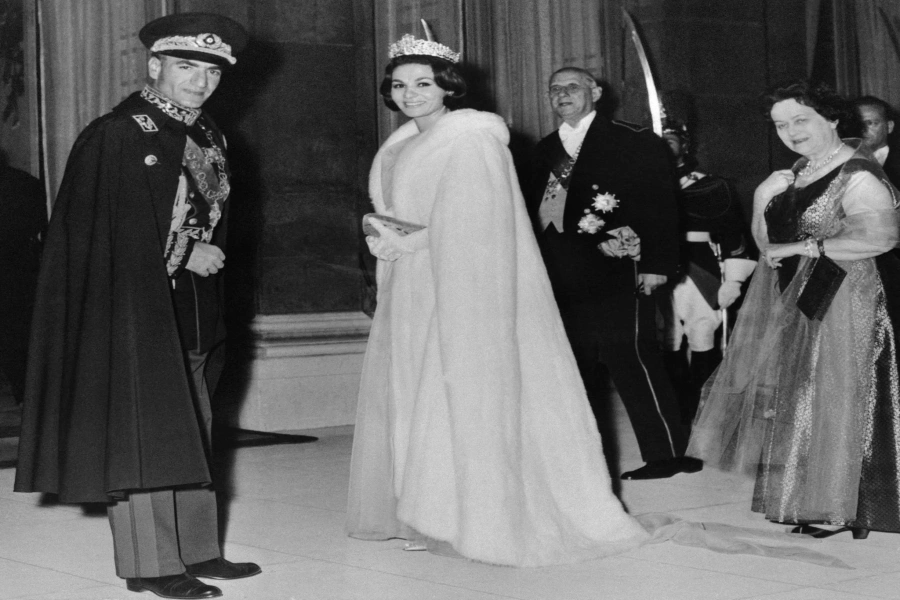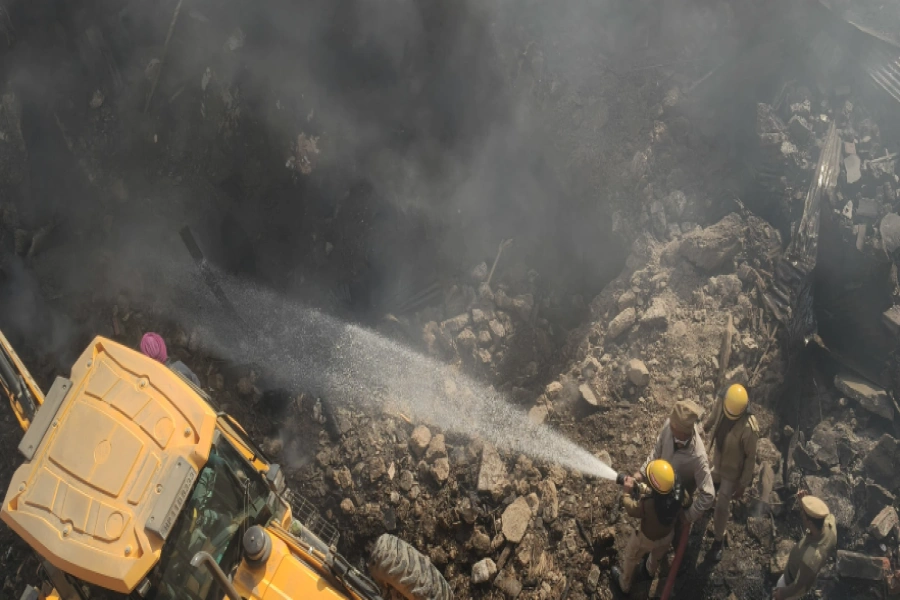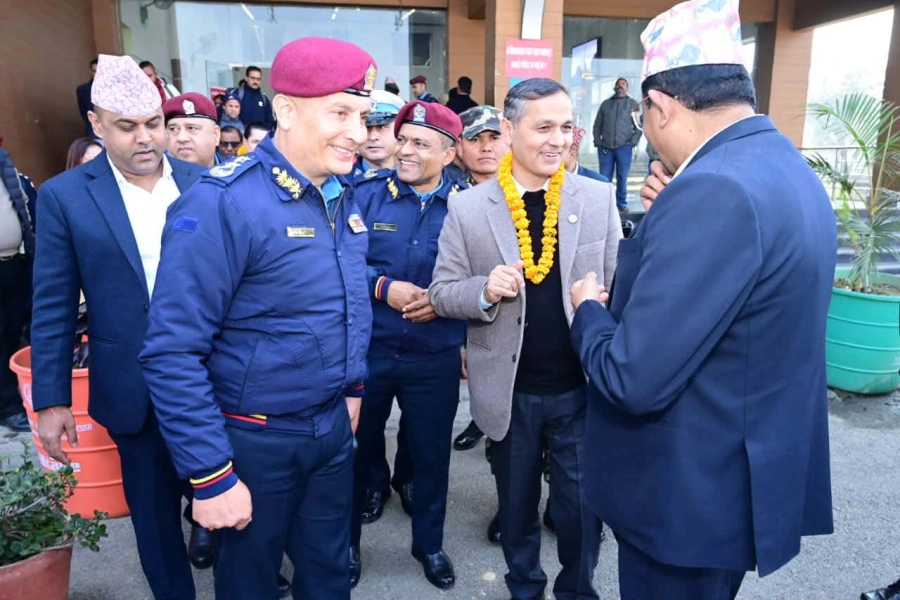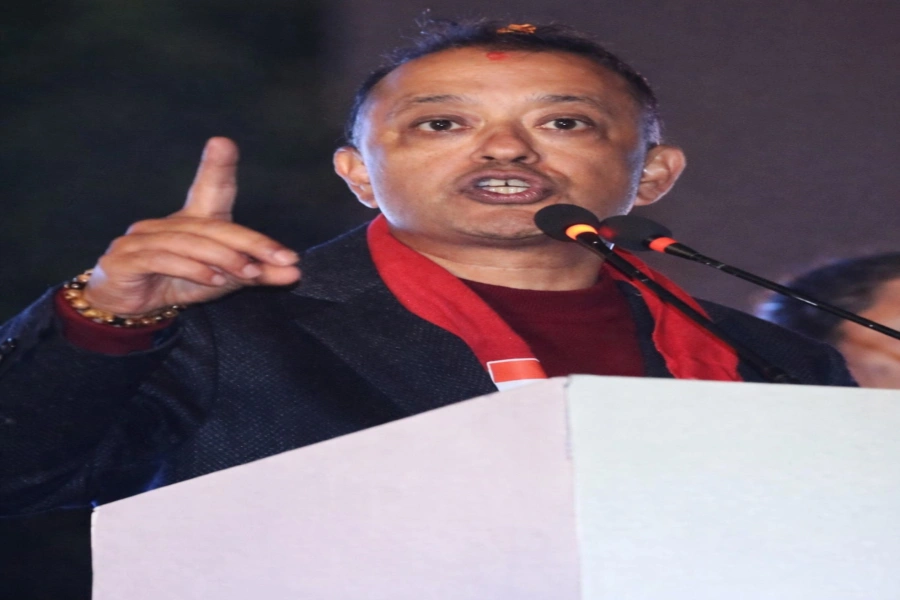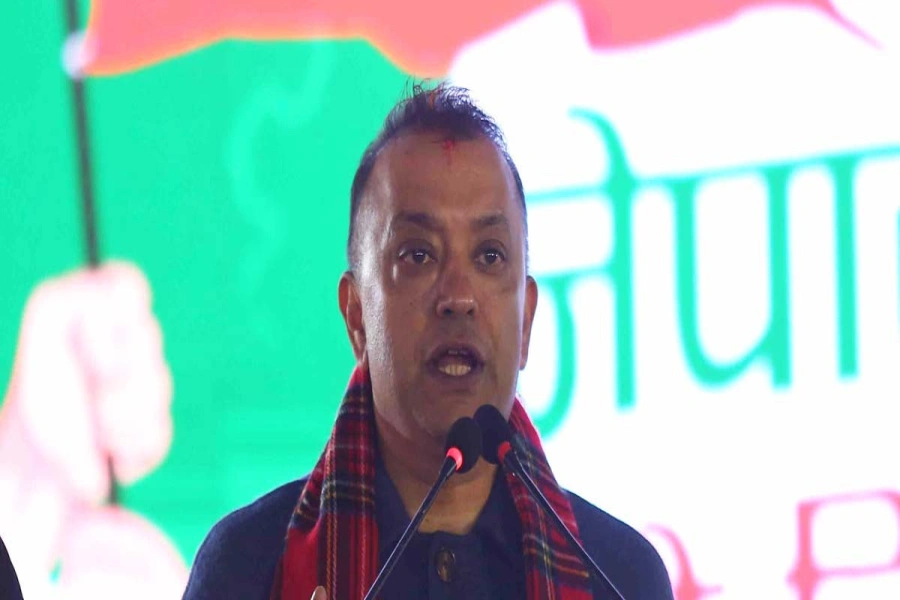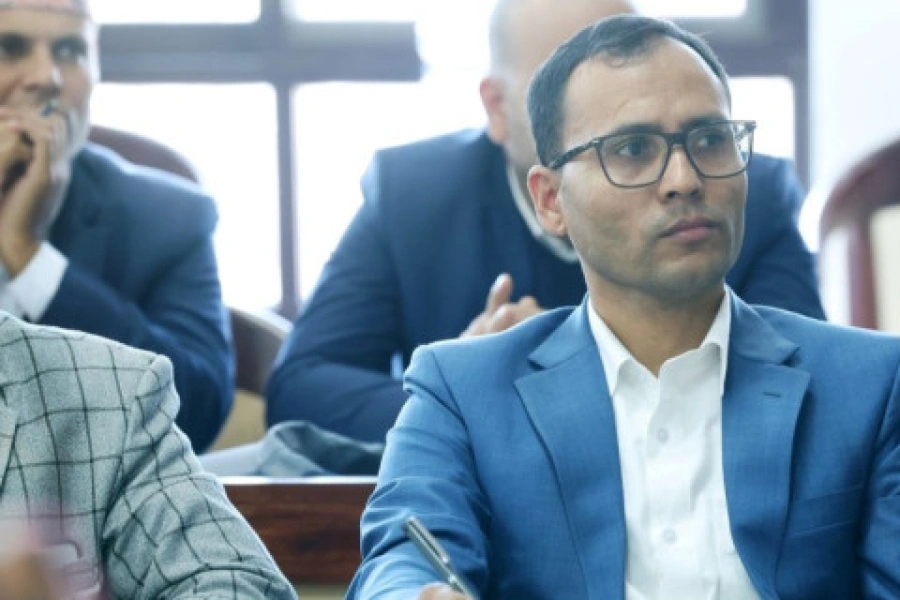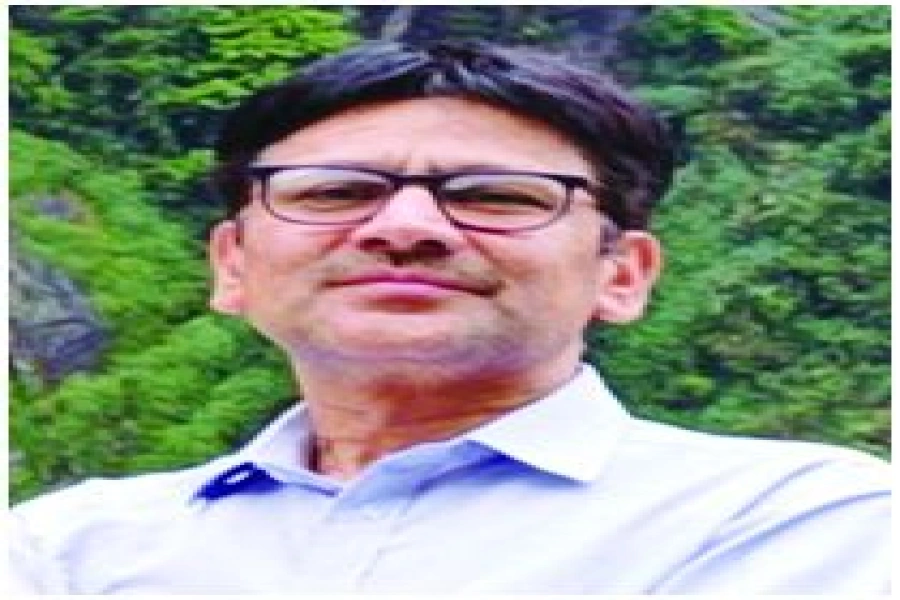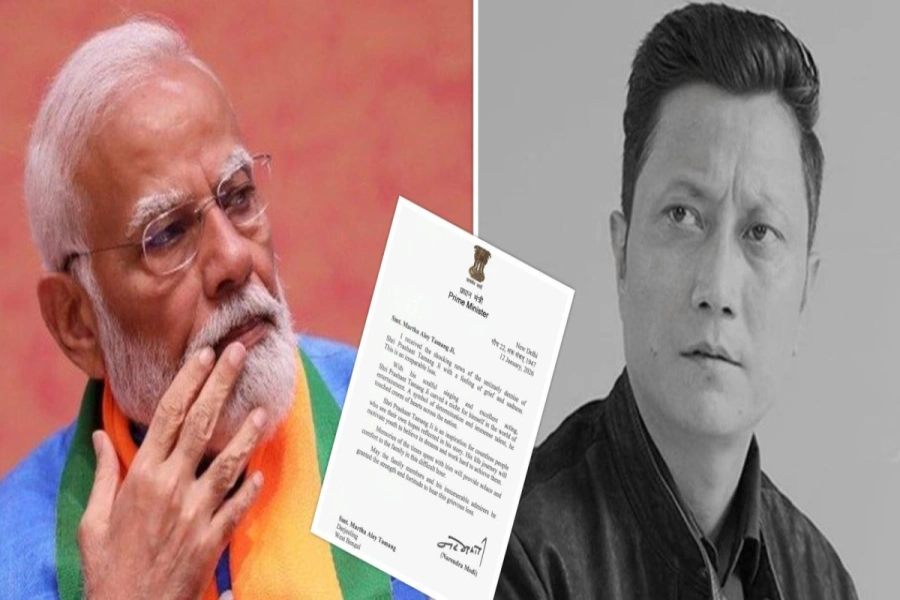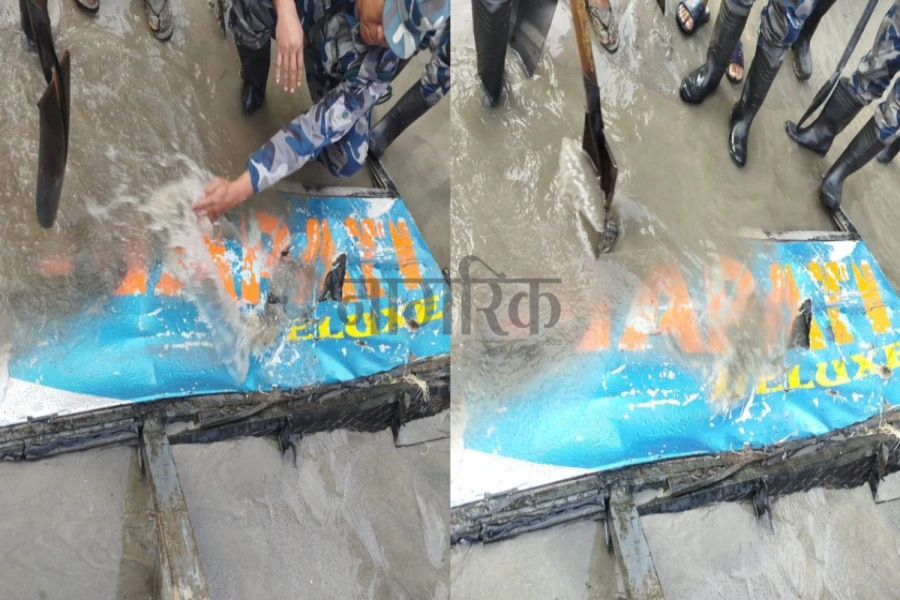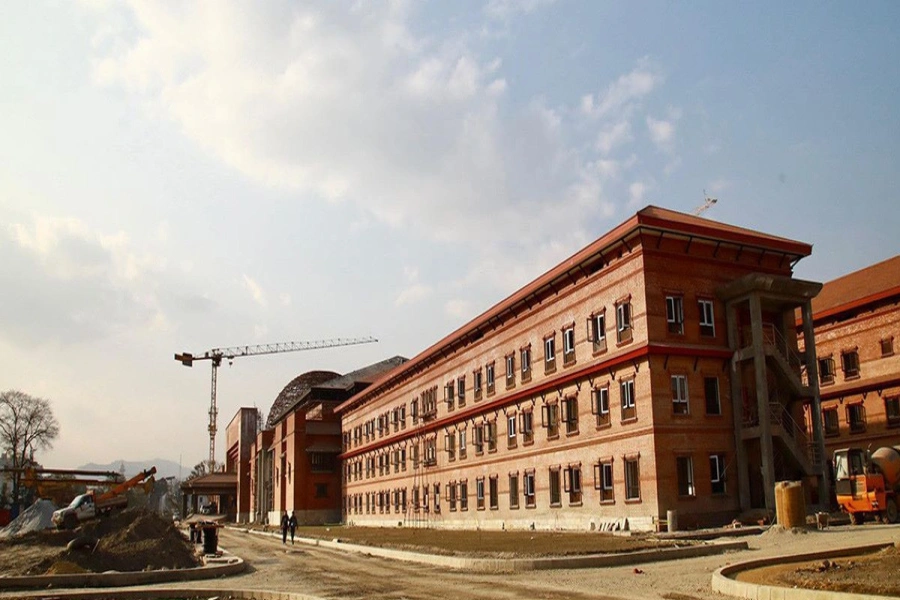The president had stayed the sacking of the former army chief in the first week of May only after 18 parties, who hold majority in the Constituent Assembly, knocked on his door for intervention. The same parties cannot, in anyway, yield to Maoists’ demand that the president erred in staying the then army chief.
The Maoists also keep saying that passing a resolution against the president will resolve the deadlock “for the time being”. The next target will be, again, to force the Madhav Kumar Nepal-led government to quit and form a government under their leadership since “writing the constitution and logical end to peace process will only be possible under a Maoist-led government”. Which means the Maoists would continue with their protest, including obstruction of the parliament. The formation of talks team by the Maoists, NC and the UML, subsequent forming of taskforce to resolve differences over language of the joint resolution and all the remarks about nearing consensus have been proved hollow and shows that all this was mere eyewash. It does not surprise us that the Maoists have raised the demand for cash incentive of Rs 1 million for each of the 4,008 disqualified Maoist combatants. It is but a crude pressure tactic. It only shows that the Maoists’ real intention has been change of government in the name of “civilian supremacy”.
This paper has always argued, and continues to do so, that the Maoists should be part of a national government. But we denounce their attempt, rather crude blackmail, to lead the government by disrespecting constitutional norms.
The Maoists keep talking about a “package deal” to resolve the dispute. Now we know what that package should contain. We once again urge the three big parties to strike a compromise and move ahead. The writing of the constitution has been effectively held up, the parliament remains obstructed and as a result it has not been able to pass the budget. Any delay will invite a constitutional crisis and harm the peace process.
China won't accept U.S. trade 'blackmail': state media



